Do I have a child with ODD & PDA?
What is it and What to do.
What is ODD and PDA?
This week’s podcast I discuss ODD and PDA, and tips and strategies that can help understand challenging behaviour! Not sure what ODD and PDA are? Listen to this weeks episode for some insight OR Click here to read about it!
Discussed in this Episode
✅ Night-Before Planning: Let students choose their next day’s activities the evening before and make a video on their phone saying “tomorrow morning, I’m gonna come in and do this, this, and this.”
✅ Flexible Work Locations: Offer students choices of where to work – “at the table or under the table,” “on the mat or in the corridor,” or “in my classroom or in the principal’s classroom.”
✅ Disguised Learning Through Leadership: Make ODD students helpers – have them mark other students’ spelling tests (while learning spelling themselves) or help younger students read (while practicing their own reading).
✅ Indirect Praise Technique: Instead of praising directly, say to a teacher aide: “Oh, now Amanda, come and see. Isn’t this wonderful work. I can’t, this is fabulous. I love this.”
✅ Student-Controlled Timing: Let students control the timer by asking “How long do you think that’ll take?” then suggesting adding extra time for comfort.
✅ Lightweight Materials: Use the lid off a photocopy box instead of heavy tote boxes for start/finish activities to prevent potential weapons during meltdowns.
✅ Special Interest Integration: Use a student’s interest in weapons to teach geography by asking “Where would we find a samurai sword? Where would we find a bow and arrow?”
✅ Choice-Based Routines: Set up routines with choices built in – students can have breakfast “in the kitchen or in front of TV or in my bedroom.”
✅ Activity as Reward: Make the activity itself rewarding (like a Star Wars word find with coloring) rather than offering external rewards that create additional pressure.
✅ Group Leadership Roles: Always make ODD students the leader in group activities rather than placing them where they can’t be in control.
“I think your courses should be known to everyone. We have worked with physiologists, early intervention teachers and OTs and speech therapists and never once have I come across such content that makes sense and is so logical! It makes me so hopeful and excited in our personal journey working with our son.
Thank you for sharing your experience and skills. Honestly so grateful!” – Heather

Can I tell you about Pathological Demand Avoidance syndrome?
| by Ruth Fidler and Phil Christie | Meet Issy – an 11-year-old girl with Pathological Demand Avoidance syndrome (PDA), a condition on the autism spectrum. Issy invites readers to learn about PDA from her perspective, helping them to understand how simple, everyday demands can cause her great anxiety and stress.
This illustrated book is for readers aged 7 and upwards, and will be an excellent way to increase understanding about PDA in the classroom or at home. It also includes practical tips and recommended resources for parents and professionals.
$31.95
3 in stock
RECOMMENDED PODCASTS
RECOMMENDED COURSES
ON SALE!
USUALLY $79… NOW $149
Available until August 3rd 2025
Pathological Demand Avoidance (PDA) in the Classroom: Understanding and Teaching Strategies for Educators
The Defiant Child: A Parent’s Guide to Oppositional Defiant Disorder
| By Dr. Douglas A. Riley | A much-needed tool that parents of children with ODD can use to identify the source of this turmoil and take back parental control. Dr. Douglas Riley teaches parents how to recognise the signs, understand the attitudes, and help improve the behaviour of their oppositional child.
The American Psychiatric Association estimates that sixteen percent of children in the United States may have Oppositional Defiant Disorder (ODD). These kids relentlessly push the boundaries set for them by authority figures.
$30.95
3 in stock
Super Shamlal – Living and Learning with Pathological Demand Avoidance
$45.95
2 in stock
UNDERSTANDING AuDHD: Teaching & Supporting Students with Autism and ADHD Co-occurrence
✅ 2 Hours, 8 Lessons
✅ 6 Weeks to Complete
✅ Certificate of Completion
✅ Lesson Transcripts
 2 Hours
2 Hours

$149
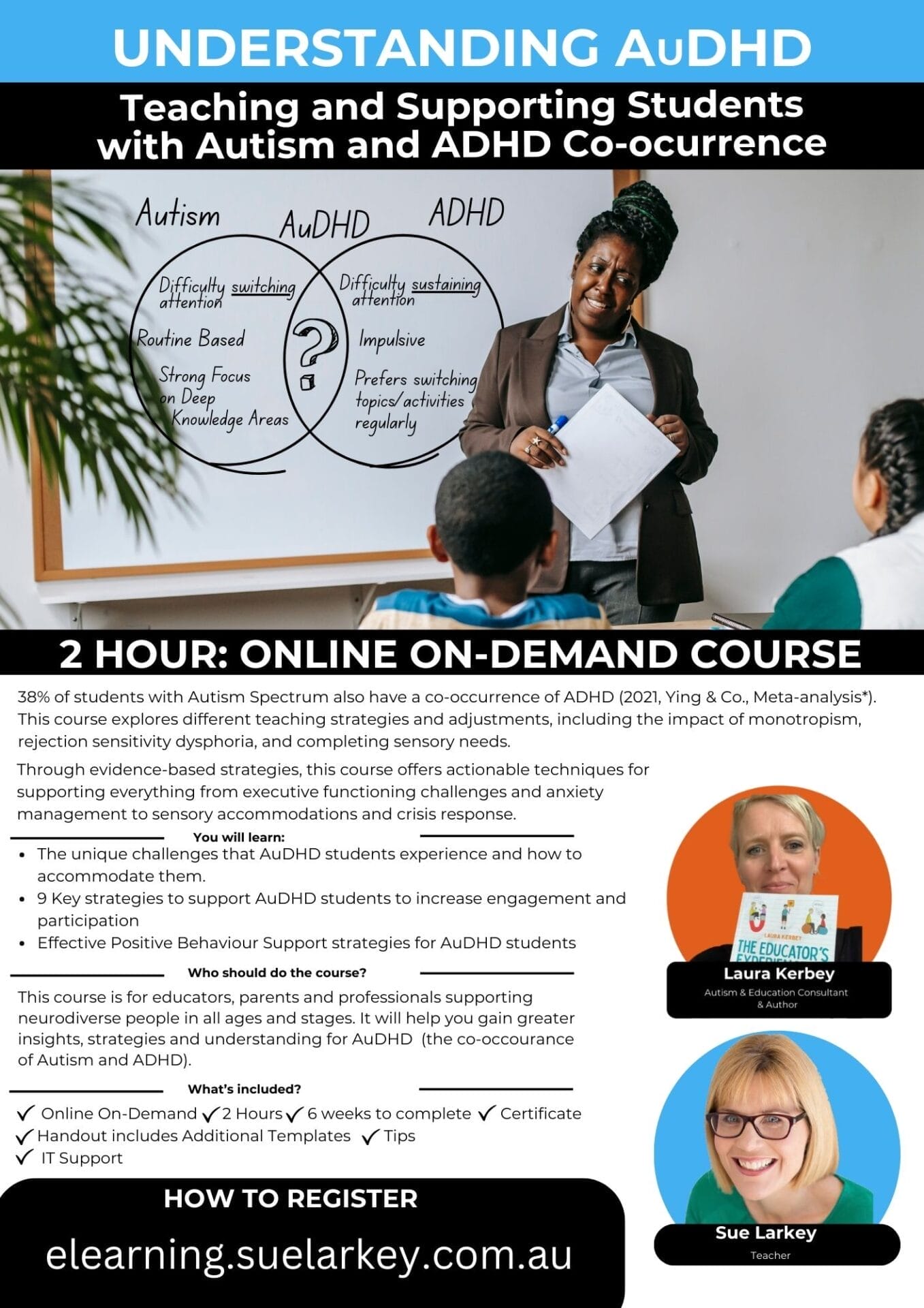













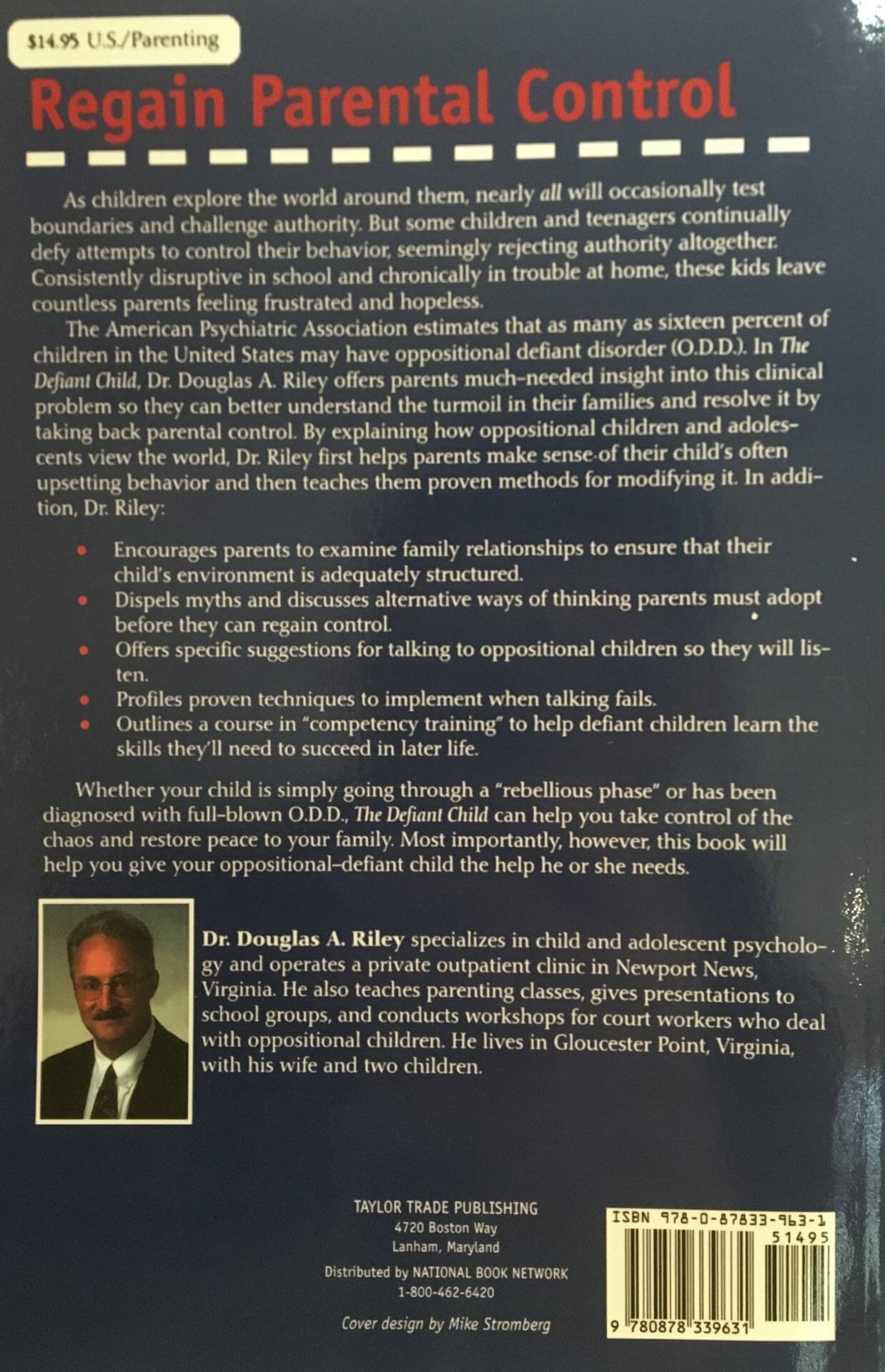

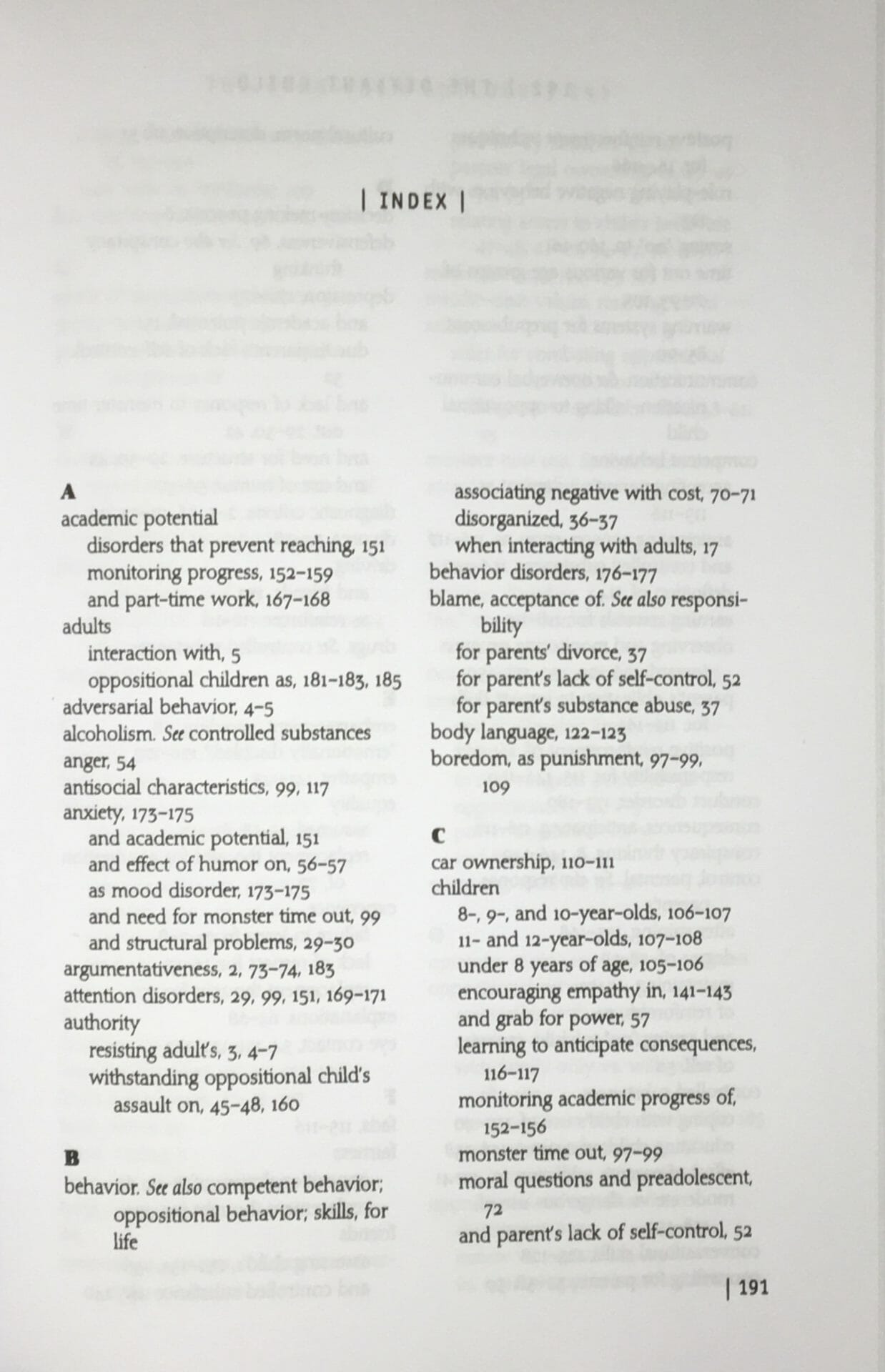


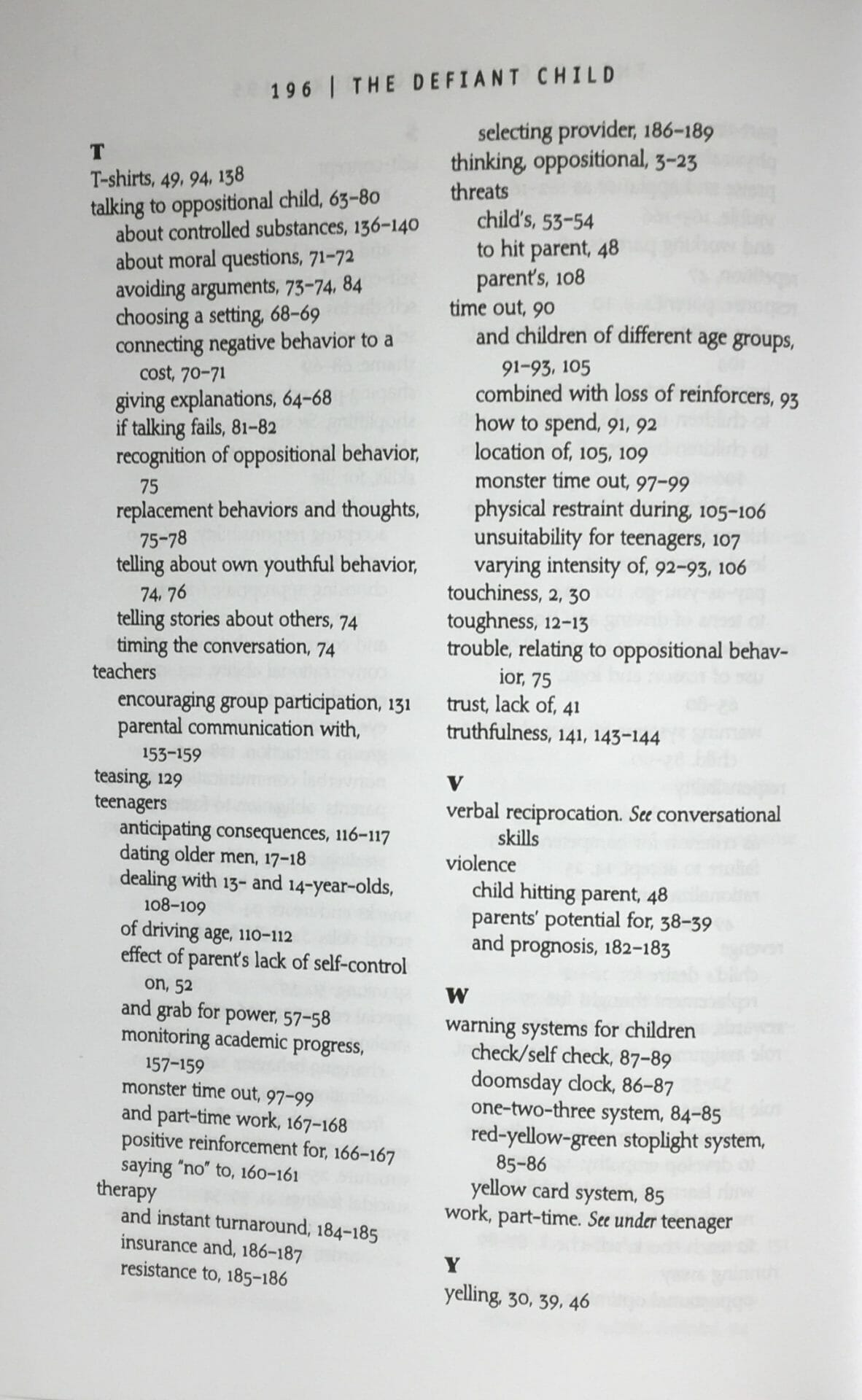

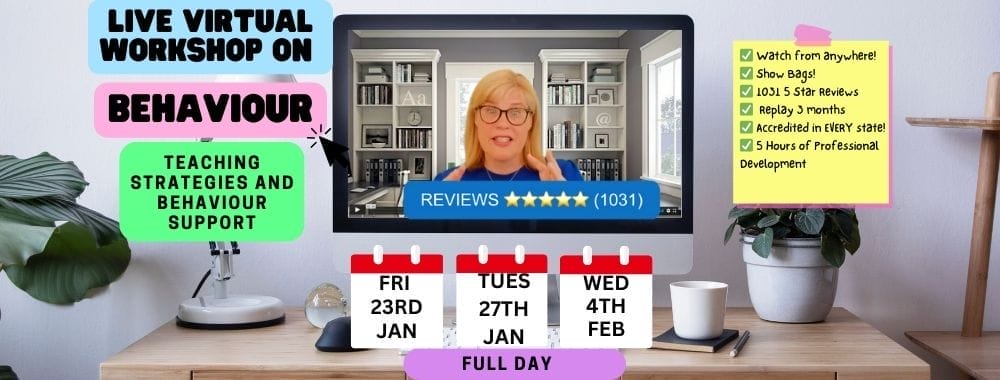
 2 Hours
2 Hours

 Sorry we no longer ship items outside Australia. Please consider the digital versions of Sue’s Books –
Sorry we no longer ship items outside Australia. Please consider the digital versions of Sue’s Books – 